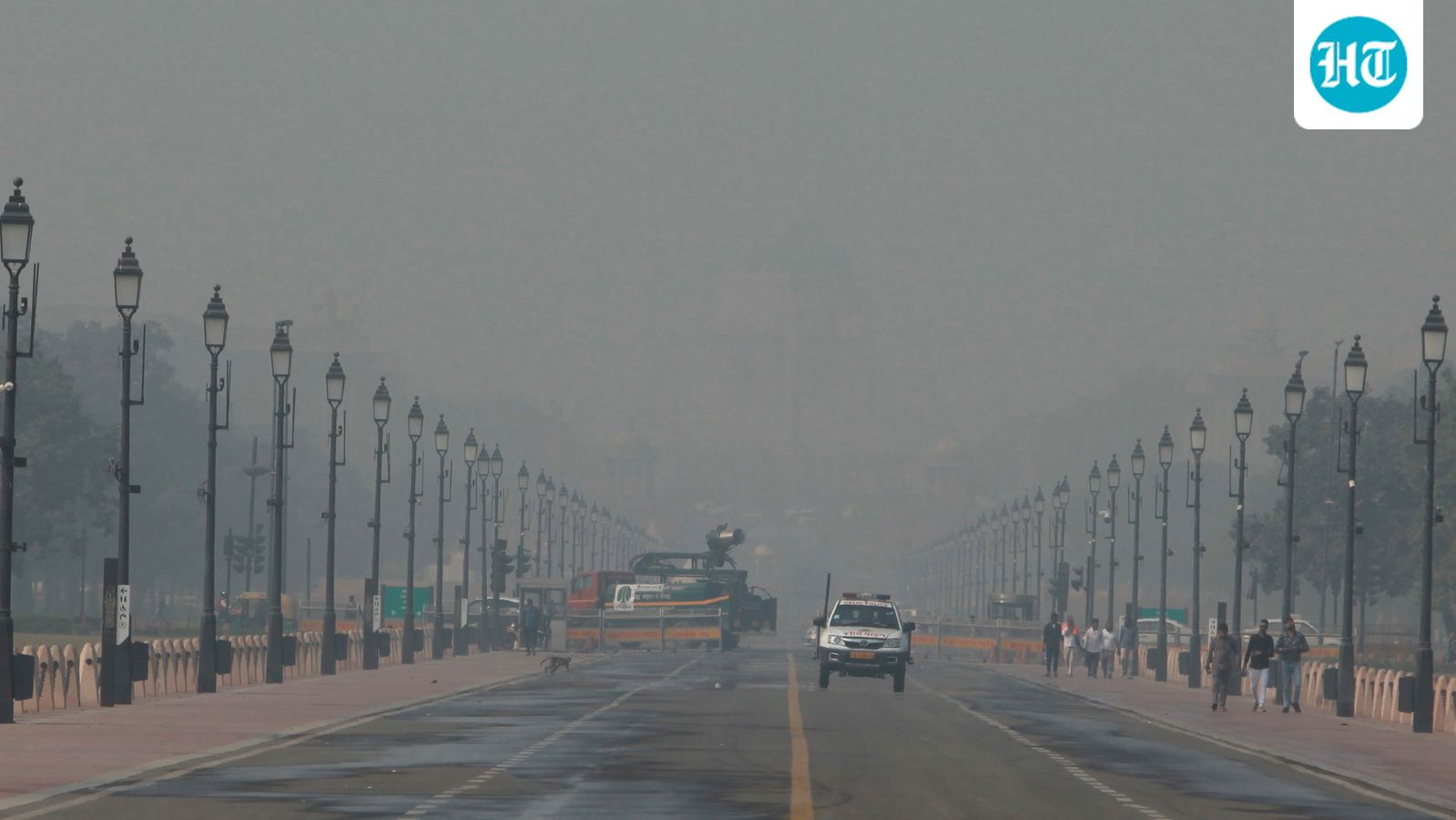Business
Delhi’s Clean Air Funds Remain Untapped as Pollution Soars

Delhi is grappling with severe air pollution, and a recent Right to Information (RTI) response reveals that the Municipal Corporation of Delhi (MCD) has left over ₹29 crore allocated for the National Clean Air Programme unspent over the past two years. As hazardous air quality continues to threaten public health, this revelation raises pressing concerns about the city’s commitment to improving air standards.
The RTI report, accessed by news agency PTI, indicates that at the beginning of the 2023–24 financial year, the MCD commenced with ₹26.6 crore in unutilized funds from prior allocations. This amount was supplemented by an additional ₹8.93 crore received under the National Clean Air Programme, bringing the total available funds to over ₹35.3 crore. Despite this significant allocation, only ₹5.19 crore was utilized by the end of March 2024, leaving ₹30.11 crore unspent.
By the start of the following financial year, the MCD began with this unspent amount, which accrued an interest of approximately ₹75 lakh. Consequently, total available funds reached ₹30.8 crore. However, by March 2025, spending remained alarmingly low, with only ₹1.34 crore utilized, leaving a staggering ₹29.5 crore still unspent.
The RTI records further highlight that several of Delhi’s commitments under the ‘Air Quality Challenge Method’—a framework designed to secure future funding—are incomplete. These include the implementation of the Extended Producer Responsibility framework outlined in the Plastic Waste Management Rules. Notably, the establishment of e-waste collection centers has not been announced on the official portal, despite existing requirements. Furthermore, automated testing stations and vehicle scrapping facilities remain non-operational.
As the situation escalates, the Commission for Air Quality Management (CAQM) reported that Delhi’s Air Quality Index (AQI) reached 425 at 09:00 on Thursday, categorizing it as “severe.” In response to the deteriorating air quality, the CAQM has activated Stage III of the Graded Response Action Plan (GRAP) across the Delhi-NCR region. This emergency protocol includes a nine-point action plan that restricts construction activities, limits the use of diesel vehicles, and imposes other measures aimed at curbing emissions.
The revelation of unspent funds comes at a critical time as residents of Delhi continue to face health risks associated with toxic air. With the MCD’s inaction on these allocated funds, questions arise about the effectiveness of governance and the urgency of addressing the air quality crisis in the capital.
-

 World4 months ago
World4 months agoSBI Announces QIP Floor Price at ₹811.05 Per Share
-

 Lifestyle4 months ago
Lifestyle4 months agoCept Unveils ₹3.1 Crore Urban Mobility Plan for Sustainable Growth
-

 Science4 months ago
Science4 months agoNew Blood Group Discovered in South Indian Woman at Rotary Centre
-

 World4 months ago
World4 months agoTorrential Rains Cause Flash Flooding in New York and New Jersey
-

 Sports4 months ago
Sports4 months agoBroad Advocates for Bowling Change Ahead of Final Test Against India
-

 Top Stories4 months ago
Top Stories4 months agoKonkani Cultural Organisation to Host Pearl Jubilee in Abu Dhabi
-

 Science4 months ago
Science4 months agoNothing Headphone 1 Review: A Bold Contender in Audio Design
-

 Top Stories4 months ago
Top Stories4 months agoAir India Crash Investigation Highlights Boeing Fuel Switch Concerns
-

 Sports4 months ago
Sports4 months agoCristian Totti Retires at 19: Pressure of Fame Takes Toll
-

 Business4 months ago
Business4 months agoIndian Stock Market Rebounds: Sensex and Nifty Rise After Four-Day Decline
-

 Politics4 months ago
Politics4 months agoAbandoned Doberman Finds New Home After Journey to Prague
-

 Top Stories4 months ago
Top Stories4 months agoPatna Bank Manager Abhishek Varun Found Dead in Well









